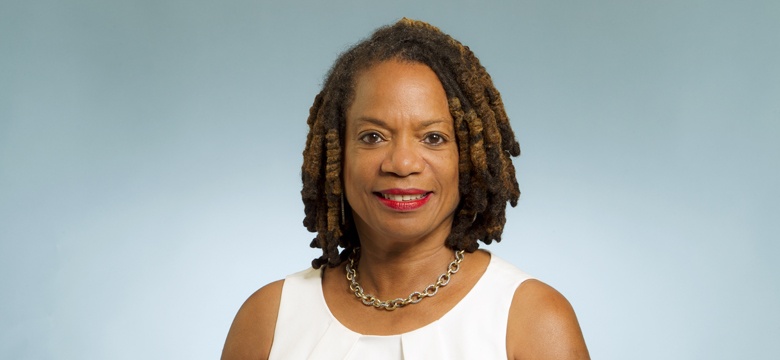Child Care Standards for Bermuda

Mr Speaker and Honourable Members,
Today I stand before this Honourable House to provide an update on the development of Child Care Standards for Bermuda.
Mr Speaker, I know I speak for everyone when I say that we love our children and want the very best them. The Government has an important ongoing role - not just to react in times of crises - but to continually assure quality in every child care settings.
Since 1999 Regulations have existed for Day Care Centres, but Bermuda has not had formal standards for Day Care Providers (home day care settings) or the Centres. This gap is significant and is now being addressed in a wholistic way, intended to benefit all providers, parents and, of course, children. Significantly, these standards will also help to harmonize the various agencies in Government and non-governmental organizations that are dedicated to serving children.
The Standards are therefore an essential step towards placing our commitment to the future of our children front and centre. I thought it was important that this Honourable House and listening audience are informed of the completion of these Standards and the ongoing work to ensure the safe and healthy development of our infants and toddlers.
Mr. Speaker, The purpose of the Standards is to provide support to parents, day care providers (persons caring for up to 3 children in their homes) and day care centres in ensuring our children are given the best start to life. The years 0 to 3 are when a critical amount of brain development occurs impacting the child’s future behaviours and learning abilities. During these critical years, both parents and child care providers play a vital role. Learning is happening everywhere.
It can be said the kind of society we ultimately have is a direct reflection of the quality of care received by its members when they were babies, infants and young children. By giving utmost importance to caring for infants and toddlers we assure a better Bermuda for future generations.
Mr. Speaker, when a parent returns to work after the birth of their child, they place the care of their child, for up to 8 hours a day, with day care providers and day care centres. The importance is not just to watch the child, but ensure he or she continues to develop, learn and grow. A child care provider, and their relationship with the child and the family, is the key to ensuring the success of the child. These Standards will help guide and focus on the development milestones, safety and health, and professional approach needed to nurture and care for children.
The Child Care Standards were developed through a Committee of experts in child care from the Child Development Programme (CDP), Child and Family Services (CFS), SCARS (Saving Children and Revealing Secrets) and the Bermuda Private Nursery Association (BPNA). They were based on best practices from three jurisdictions, namely: CARICOM’s Regional Guidelines for Developing Policy, Regulation and Standards in Early Childhood Development Services; the National Association for the Education of Young Children (NAEYAC); and Caring for our Children: National Health and Safety Performance Standards.
Mr. Speaker, our work is never done when it comes to the children of Bermuda. The Standards will be reviewed periodically for further development and to ensure they continue to be a working document that maintains best practices in the field of early childhood care.
The Standards do not replace Legislation that is already in place for day care centres and day care providers to be licensed. The Children’s Act 1998 outlines some of the requirements for day care providers – those persons who care for children in their home. And the Day Care Centre Regulations 1998 provide guidance to Centres.
I would like to take this moment to remind providers and centres that you must be licensed by the Ministry of Health in order to care for children in a home or in a centre, but the licensing process involves the work of multiple Government departments including: Environmental Health, Child and Family Services, and the Child Development Programme. Together, these agencies are on the critical frontlines protecting our children. The list of licensed Centres and day care providers are available online at: gov.bm/child-care-information-parents
Mr Speaker, the goal of the Standards is complement and enhance what many are already doing. This document will also help parents with the care they give their children and to know what they should expect from the persons caring for an infant or toddler during the day.
Mr Speaker, the Standards focus on the key areas of child care. These include: the Provider’s skill sets, professional development, learning and development activities, community, child development observation, supervision and discipline, prohibited behaviours (by providers), children of different needs or abilities, child protection, health and safety, policies and procedures and community relationships. With one document, all partner agencies and stakeholders, from the Government to parents and child care providers, will be clear on what should be expected from them and the best way forward.
Mr. Speaker, I invite this Honourable House and the listening audience to view the Standards on our web site and we look forward to their application.
Thank you Mr. Speaker.